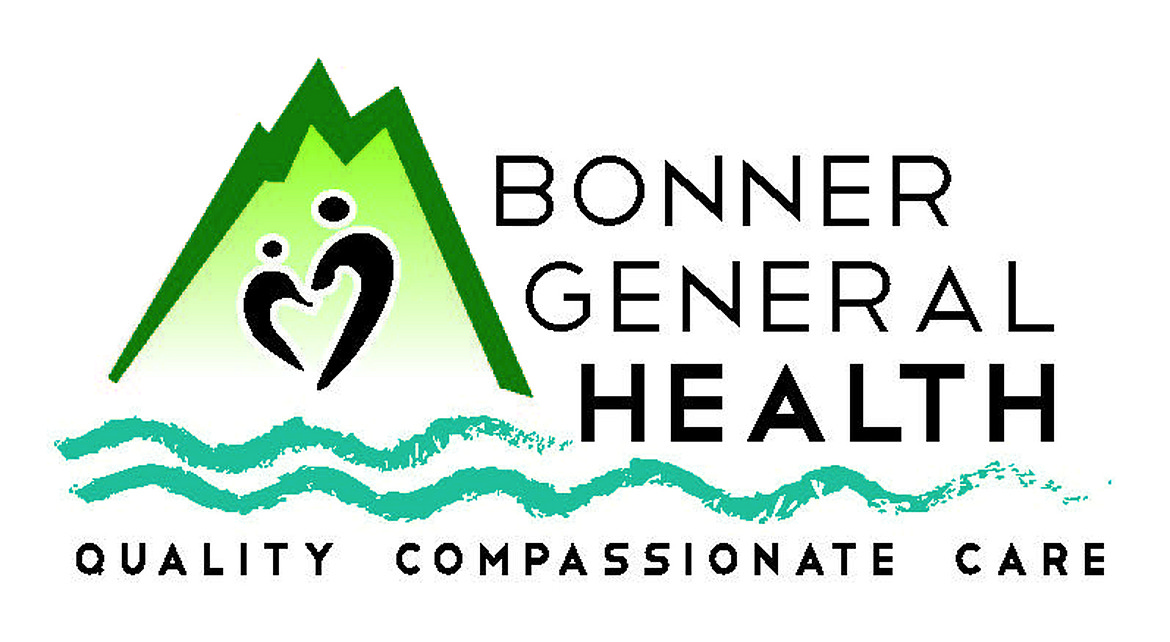Heart patients shouldn't postpone cardiac rehab
Cardiovascular disease is the leading cause of death in the United States. That's the bad news. The good news is that more than 90 percent of people with myocardial infarction (heart attack) survive. Why? Because many people recognize their symptoms, get proper treatment, and know how to prevent having another one.
But even with that said, one in four people who suffer a heart attack has had one before. So, today I'm making my case for cardiac rehabilitation. It's the key to improved heart health.
This week happens to be Cardiac Rehabilitation Week 2023, so it's timely to talk about why you should talk to your cardiologist about the rehab available to you.
The National Institutes for Health tells us that rehabilitation isn't just for heart attack patients; it includes diseases such as ischemic heart disease, and heart failure, and patients who have undergone cardiovascular interventions such as coronary angioplasty or coronary artery bypass grafting.
"Cardiac rehabilitation programs aim to limit the psychological and physiological stresses associated with cardiovascular disease, reduce the risk of associated mortality, and improve cardiovascular function to help patients optimize their quality of life," they explain.
The American Heart Association is ready for all the push-back reasons not to have cardiac rehab, starting with the statement, "I'm too old, it won't help me." Their response: "Cardiac rehab isn't just about having a healthier future and the possibility of living longer – it's also about a better quality of life right now. Whether you're 38 or 88, you are alive this moment – and it's a precious gift."
For those who say, "I don't feel well enough to go," AHA says, "Feeling lousy can make us want to crawl in bed and stay there. Sometimes, that's what our body needs as it works to heal. But that dynamic can also become a rap that leads to other health problems."
Some will say they don't have time, they can't take time off work, etc. AHA says that you can't do anything else without a healthy heart. And, to the excuse that family isn't on board, they say, "The people who really care about you don't want you to run the risks associated with heart problems. Explain that going to cardiac rehab and making healthy choices have everything to do with avoiding another heart event."
AHA says that "cardiac rehabilitation doesn't change your past, but it can help you improve your heart's future." Remember how I always say that you're the star of your healthcare team? Well, you certainly are, and you'll be playing the game with a team of doctors, nurses, pharmacists, physical and occupational therapists, speech and language pathologists, behavioral therapists, and dietitians, plus your family and friends.
Of course, you'll want to know what rehabilitation entails. The answer is exercise counseling and training. "Exercise gets your heart pumping and your entire cardiovascular system working," AHA says. "You'll learn how to get your body moving in ways that promote heart health."
One of the key elements of rehab is educating yourself to live a heart-healthy life. This might include managing your risk factors, such as learning to eat a heart-healthy diet or quitting smoking, or making sure you're taking your medications properly.
Rehab will also include counseling for reducing stress. "Stress hurts your heart. This part of cardiac rehab helps you identify and tackle everyday sources of stress," AHA says.
The NIH's endorsement says, "Overall cardiac rehabilitation increases the quality of life and decreases health care costs. Cardiac rehabilitation has many physiologic benefits due to its exercise component."
Studies have shown that patients who've suffered a major coronary event experienced decreased depression if they went through a rehab program. And another review noted that "cardiac rehabilitation reduced hospital admissions and showed a long-term decrease in all-cause mortality in heart patients," NIH says.
From what I'm reading, there is no downside to cardiac rehab. For those of us lucky enough to have healthy hearts, we can take a page out of the advice the AHA gives patients to reduce their risk of future problems: Quit smoking, make sure your blood pressure and cholesterol are under control, exercise, and reduce or maintain a healthy weight.
Kathy Hubbard is a member of the Bonner General Health Foundation Advisory Council. She can be reached at kathyleehubbard@yahoo.com.



